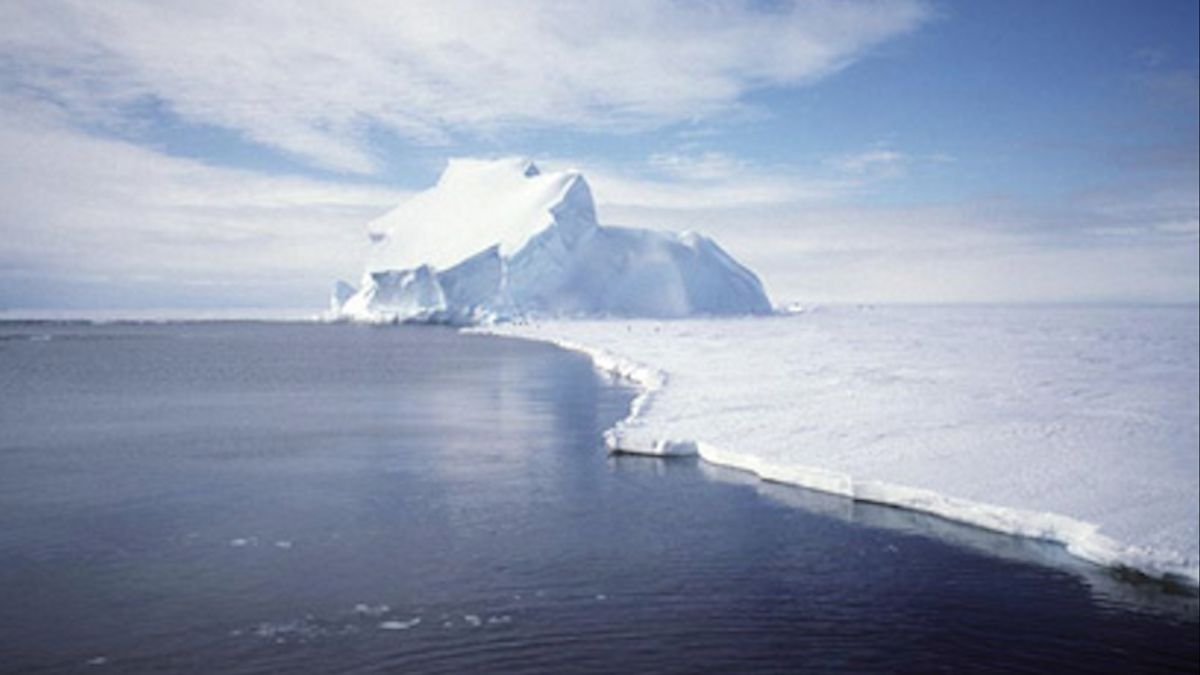JAKARTA - The new findings quoted fromSpace show that the ancient landscape is buried in the lower layers of East Space ice. This region is predicted to exist until the glacier finally covers the entire continent.
Previously, findings showed that the land buried below this ice sheet had been eroded due to thousands of years of ice movement. However, the latest satellite data shows good news.
Areas adjacent to the subglasial basins of Aurora and Schmidt have been detected to be still intact for nearly most of the 34 million years. Satellite data findings also make scientists more confident in their predictions.
University's Professor of Geography, Farham Stewart Jamieson, believes that in the past, the pole was a landscape. However, over time, the river formed on top of it and flowed until finally the ice sheet grew.
SEE ALSO:
Jamieson and a number of his colleagues in research in the journal Nature Communication are trying to find answers to the presence of the ancient landscape by mapping mounds and troughs on the ice surface that are experiencing a change in height.
Their findings suggest that there is a topography of a small island buried 2 kilometers below the surface and three parts of the soil separated by a U-shaped valley.
These rivers are predicted to flow to the beach as the coast opens and the landscape begins to freeze over time. However, research results have not been able to show whether the landscape has remained the same for 34 million years.
Jamieson said they needed to find out more by drilling on the ice surface to get rock samples and sediments underneath.
The English, Chinese, Japanese, Arabic, and French versions are automatically generated by the AI. So there may still be inaccuracies in translating, please always see Indonesian as our main language. (system supported by DigitalSiber.id)













